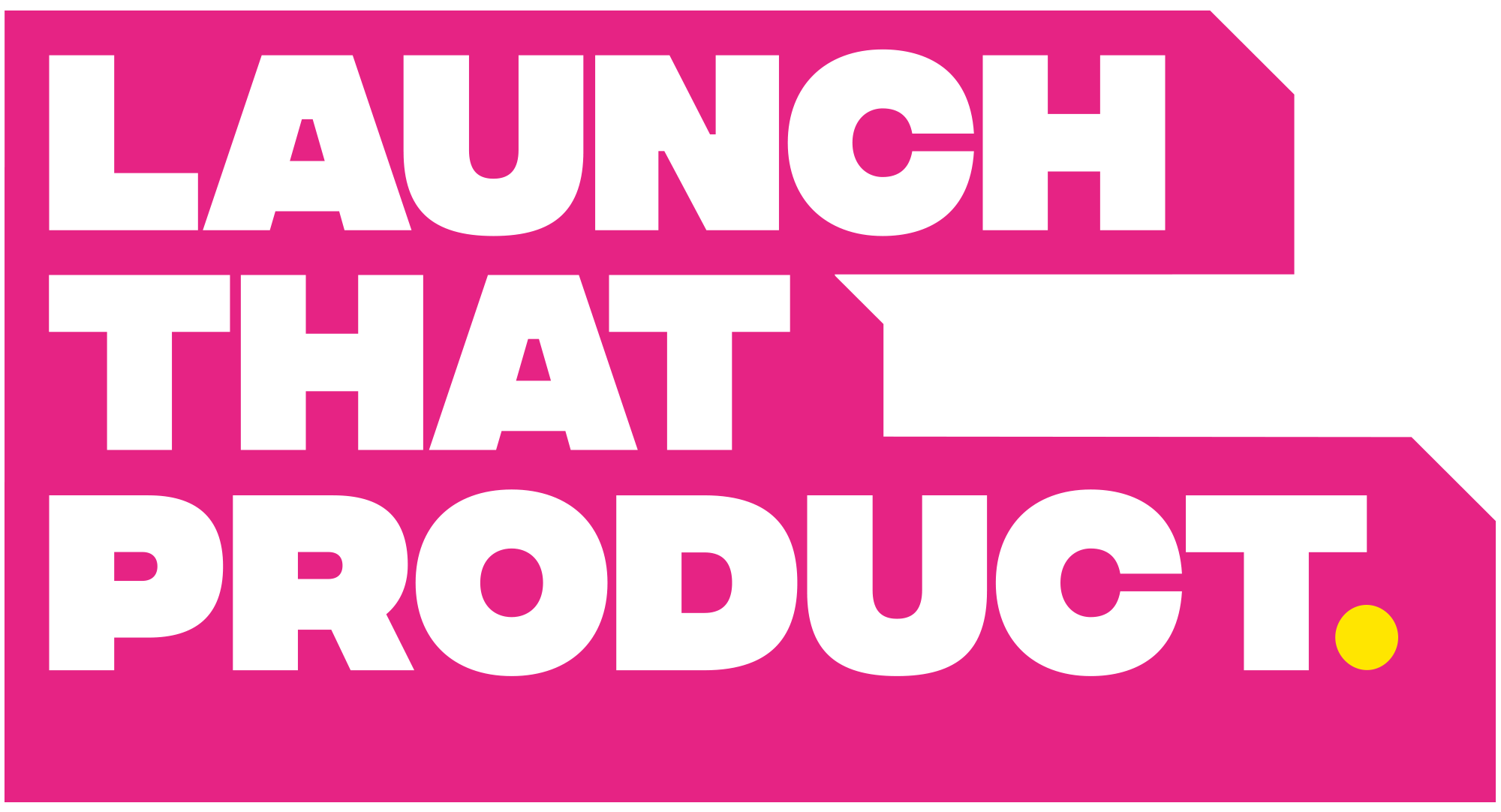As entrepreneurs, we are constantly looking for opportunities and new products to develop. More often than not these ideas get cast to the back of the ideas pile and never get executed. Occasionally, however, we have an itch that just needs to be scratched.
So where do you start? One word. Research! Skip this at your peril! The number of business owners that jump straight in without doing their research either take too long to get to their goals or fail altogether. I see it time and time again. If you were planning a trip would you just set off without a map? Starting a business or launching a product is no different.
So let's get stuck in...Here is a summary of what we need to consider:
- What problem are you solving and who for?
- What is the size of your market?
- Who are your competitors?
What problem does your product solve and who for?
The trick here is to make sure that you are not trying to solve a problem for everyone. Nor are you trying to solve too many problems at once. When I ask my mentees who their product or service is aimed at, I often hear, "it's for everyone" or "whoever that will buy it". This is a huge mistake. If you try and please everyone, you end up pleasing no one.
If you try and please everyone, you end up pleasing no-one.
This may be a little unsettling in the beginning but hear me out, you will thank me later. The truth is when you start you need to garner a following. These people will become ambassadors of your product and it is your job to delight them. If you cast your net too far you will lose focus and your efforts to attract the right type of customers will be fraught with difficulty. You will end up not really knowing who to serve, your messaging will be tepid and any effort to break through the noise will either become costly or inefficient. Once you gain momentum then you can branch but only then.
Do you think if that little unknown online retailer called Amazon had started off selling everything to everyone back in 1994 instead of just books, they would have become the world's largest online retailer some twenty-seven years later? In fact, it wouldn't be for another four years until 1998 that Amazon would start selling computer games and music.
Let's contemplate for a minute what would have happened if Amazon started selling everything to everyone? Apart from not having the infrastructure to be able to offer 'everything under the sun', it would have needed a tremendous marketing budget just to convince 'the world' to buy from it. Let's face it, where would you start in this scenario? Do you try and convince Best Buy customers to shop from you or start nipping away at Footlocker's market share to sell sneakers to? Besides the fact that you simply wouldn't be able to reach the economies of scale needed to compete, the marketplace at large would be very confused as to what you stood for. Moreover, the core underlying message of 'convenience' would be lost never mind unobtainable.
So why was Amazon finally able to expand into absolutely everything? Amazon sells convenience so expanding into other product categories was absolutely the natural way forward but for this to become possible it needed a loyal customer base before doing so.
Size Matters
The market size has two considerations; size of the audience and spend i.e., How many people would consider buying my product and how much would they spend? Simply put, do you want to be a small fish in a big pond or a big fish in a little pond?
Yachts & Baked Beans
Intrigued?
According to data from BOAT International, the global authority in superyachting, more than 208 vessels were sold on the brokerage market in 2021, totaling an astonishing £1,012,841,035,
Conversely, the annual sales of Bakes beans in 2020 was just over half £600,000,000

The reality is that commercial success is very much dependent on how you approach your market (strategy and execution) but you need to make sure that the market is large enough, to begin with. In short, there's no point trying to sell to a handful of people who have no money. Catch my drift? Similarly, there is no point in selling anything if there isn't a need for it.
Competition
Now, this neatly leads us to the question of the number of fish in your pond. The holy grail of any launch is to find a product that is high in demand by a large number of people with low competition.
Strong pain point + high demand + low competition = exponential growth
Two words, bone broth. In 2015 Nick Mares and his brother Justin realised the benefits of bone broth and knew how time-consuming it was to make. A quick search on Google Trends and Google Keyword Planner and $100 on market validation led them to create Kettle & Fire, a company that would later exceed sales of $35,000,000 four years later
Will you be the next Kettle & Fire?



